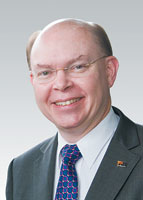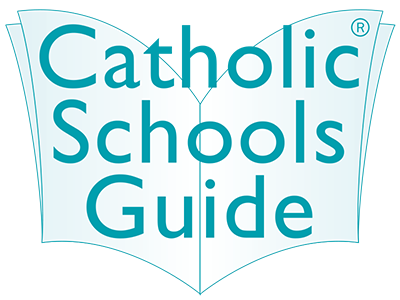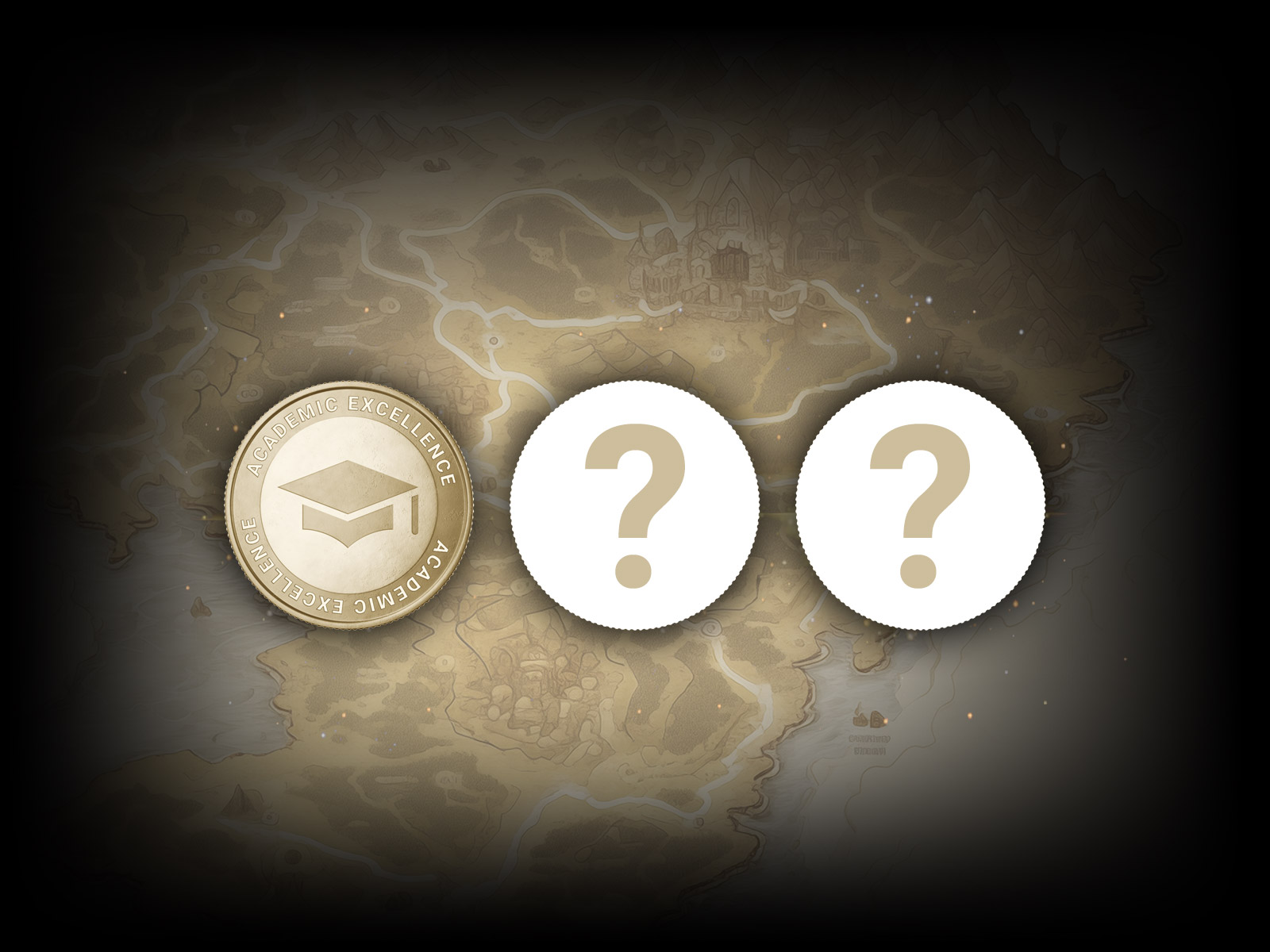News and Media

The Global Village by John Phelan
We often hear the phrase ‘the global village’ used to describe today’s world of rapid communications, easy and fast intercontinental travel, and ready access to a world of information. We understand it to mean that there has been a breaking down of the boundaries that used to divide and isolate the peoples of the world; the ease of international travel for the mass population and the introduction of the internet are probably the factors that most of us would say have contributed to the global village in which we live our lives today.
It probably comes as a surprise to students in our schools today that the concept of “the global village” is not an especially 21st century phenomenon; in fact, it’s a phrase that had its origin almost 60 years ago.
The first person to predict that the world would ‘shrink’ in such a way as to become, in effect, a global village, was a Canadian philosopher and media theorist by the name of Marshall McLuhan. In his 1962 work, The Gutenberg Galaxy, he predicted that the world would soon enter a new age; an electronic age, when everyone would have access to the same information through technology. Although he didn’t really understand exactly how it would come to fruition, McLuhan was predicting what we know today as the internet.
He believed that human history could be divided into four eras: the acoustic age; the literary age; the print age; and – the one which he believed would arrive in the late 20th century – the electronic age, which he predicted would be characterised by a community of people brought together by technology. Sound familiar?
At the time that book was written, television was just beginning to take off in Australia. TV first came to Queensland in 1959. McLuhan saw this new medium as one which would, literally, bring the world into everyone’s living room.
The world-wide web would not become a reality for another 30 years – and indeed, not until around a decade after McLuhan’s death in 1980 – but he was able to predict what the internet would mean:
The next medium, whatever it is … will include television as its content, not as its environment, and will transform television into an art form. A computer as a research and communication instrument could enhance retrieval, obsolesce mass library organization, retrieve the individual’s encyclopaedic function and flip into a private line to speedily tailored data of a saleable kind.
The Gutenberg Galaxy, 1962
It was in this book that the phrase “the global village” was first used.
In his next book, Understanding Media, which was published in 1964, McLuhan coined another phrase that was to become famous: “the medium is the message”. He theorised that the method of communication, rather than the information communicated, would become the most important aspect of this new electronic age.
His vision that “the computer as a research and communication instrument” would become central to our lives was proven correct over the next half-century. Today, we are surrounded by them, in our homes, our offices, our bedrooms, our pockets, and our schools, where the use of these learning tools is integrated across the curriculum.
They enable us to conduct rapid research into any and every subject imaginable; they allow us to do business with people on the other side of the world in an instant; they bring into our homes the horror of war and famine in lands a long way from our own.
The embrace of technology in our schools over the past 25 years has been the greatest revolution in education since the introduction of the printing press (by the German inventor Johannes Gutenberg in the 15th century – whose name McLuhan appropriated for his own book some 500 years later).
The challenge is to teach our students how best to find, sift and discern the right information from the world of words, theories and sometimes shaky facts which present themselves whenever they open Google or Bing. From the earliest years of primary school, students in Catholic schools are guided through this potential minefield, being taught how to access information safely and evaluate it wisely. They are taught how to think, not what to think.
But the global village is more than just the world of electronic information. It also incorporates the ‘international experience’ that is available to students – interacting with young people from other countries and cultures, whether that be online, or by welcoming them as visitors to our schools, or by visiting them in their homelands. These valuable experiences bring people together by celebrating what we share in common, as well as what differentiates us.
The world of the 21st century for which we are educating our students demands that our schools adopt the practices and technologies which they will use in their adult lives. Like Marshall McLuhan in the mid-1900s, we need to be visionaries to provide our students with the very best start to their lives as citizens of the global village.

John Phelan is Brisbane Catholic Education’s Manager of Communications and Marketing.
John attended St Joseph’s College, Gregory Terrace, then studied law and journalism, before working as a radio journalist and presenter in Queensland, New South Wales and Victoria. After serving as a member of the Queensland Parliamentary Press Gallery, John worked as a Ministerial Press Secretary in the state government, before moving into local government.
More than twenty years ago, John was one of the pioneers of school communications and marketing in Queensland, serving six years as Director of Public Relations and Marketing for Queensland’s largest independent school, John Paul College, before working in similar roles for the Anglican and Uniting Churches, and as Director of Admissions and Marketing at Brisbane Boys’ College. He ‘came home’ to Catholic education in 2008, joining Brisbane Catholic Education and spearheading its continuing growth and development.

